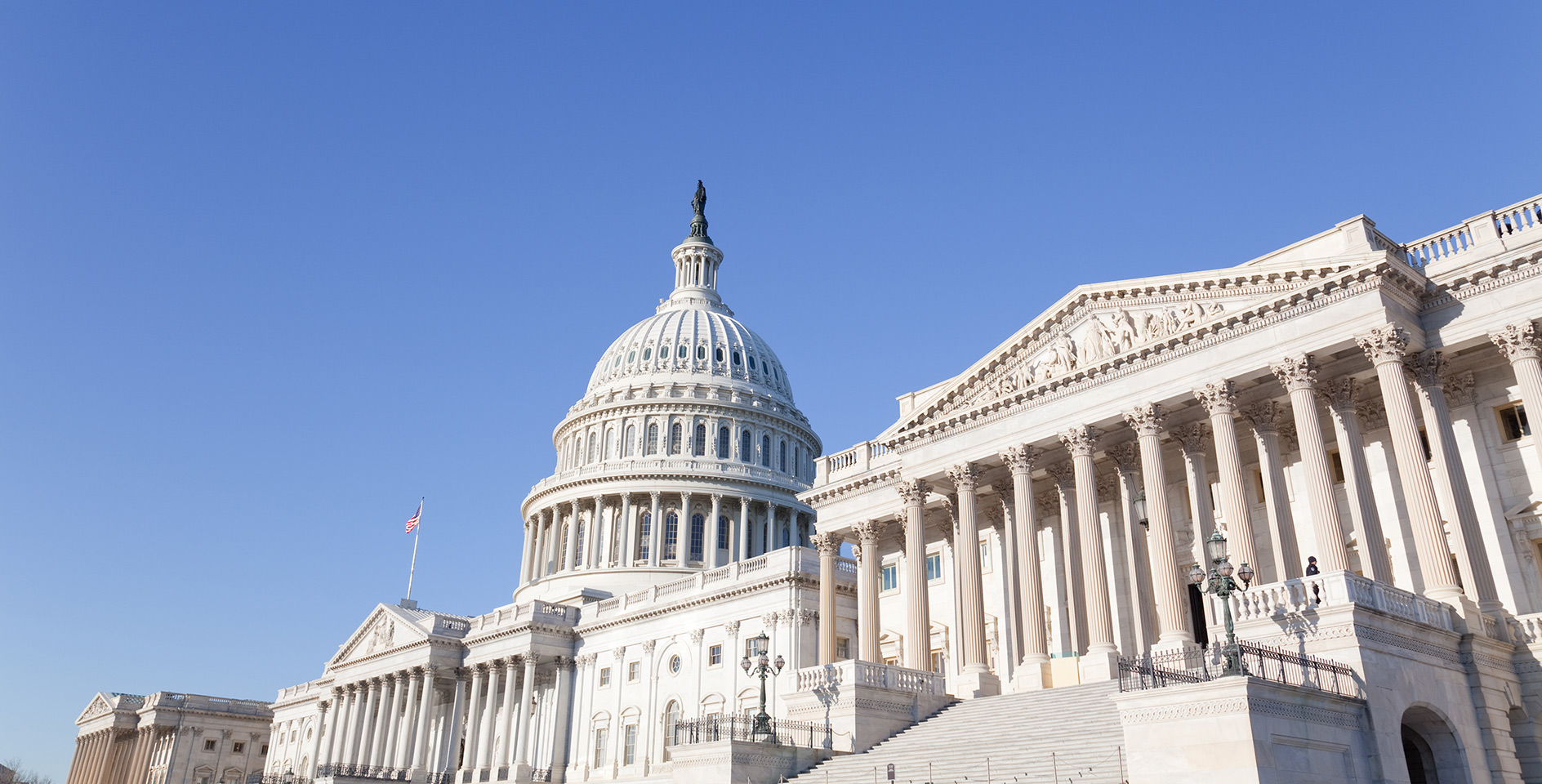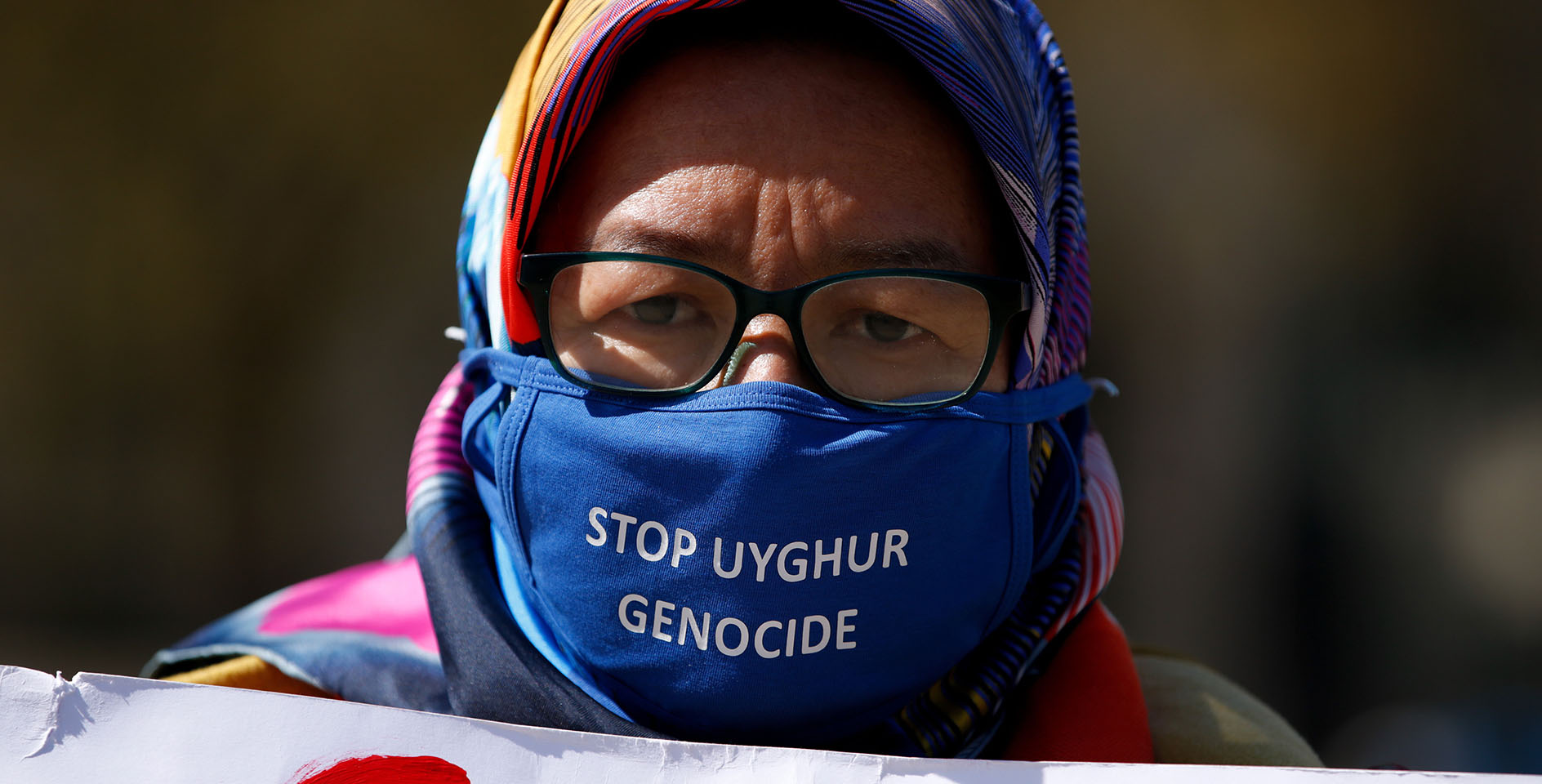Our form of government invites Americans to engage in the legislative process through advocacy. The ERLC advocates for issues of missional priority that are of national import through the cooperation of congregations throughout the Southern Baptist Convention, as was recently noted in the introduction to our 2021 Public Policy Agenda.
Our public policy team’s advocacy work in Washington is organized through the categories of religious liberty, sanctity of human life, justice, marriage and family, and related international engagement. On some issues, there is a wide shared consensus and purpose, and on others, there is deep disagreement. As our public policy agenda says, “whether issues are currently popular or unpopular, we have the opportunity to bear witness, to seek to persuade, and to build the consensus needed to make change.”
In a newscycle driven by soundbites and hot takes, one tool that helps our advocacy efforts rise above the fray is the traditional letter. We send letters to Congressional leaders, the President of the United States, and other policymakers and administration officials to advocate on the issues of our day. Sometimes, these letters are written and sent by Russell Moore directly as president of the ERLC, and other times the ERLC leads or joins a coalition letter drafted with multiple signatories. Coalition letters include signatures from partner organizations working together to advance a certain policy priority. Some coalition letters accumulate dozens, even hundreds, of organizational signatures before they are sent to the White House or Capitol Hill.
Members of Congress want to hear from their constituents and learn what issues are important to them. Anyone can reach out to their local Representative and Senator and ask for a meeting, send a letter, or call to share an opinion on a policy. Constituent representation is fundamental to the job of public office holders, and so, their office contact information is readily available online.
When the ERLC sends letters to Congress, we often address it to Congressional leadership, including the Speaker of the House, Senate Majority Leader, Senate Minority Leader and the House Minority Leader. Other times, we address the letter to a particular Chairman and ranking member of the appropriate committee where a piece of legislation resides. The same is true for letters we send to the executive branch. Often, Moore will correspond with the President, but occasionally, the issue is better addressed to a cabinet secretary or other public official.
When a Congressional office receives a letter, the staff in the office will make note of the letter for the Representative or Senator. This is an important step for members of Congress to understand the support and the opposition for a particular policy. Often, when we send a letter, the office returns a request for further conversation on the issue. That then gives us the opportunity to build a new relationship, or deepen an existing relationship, over a meeting. The same happens with the presidential and vice presidential staff at the White House.
Our goal when sending such letters is not only to provide an opinion on legislation, but also to provide expertise on the underlying issue. For example, the Tax Cuts and Jobs Act of 2017 unfortunately included a little-noticed provision which created a new policy to tax nonprofits—including houses of worship—on the cost of parking provided to employees. We advocated for its repeal alongside a broad coalition of religious groups. In our letters and meetings, we offered examples of how such a tax would negatively impact our ministries and organizations. Through these efforts, the tax was repealed in December of 2019.
Thankfully, in our advocacy, we are also often able to share about the incredible work of Southern Baptists in disaster relief in the wake of a hurricane, child welfare providers in adoption and foster care, and feeding the hungry in their communities and globally. Sharing our perspective as Christians helps influence public policy.
In June of 2019, the ERLC led a coalition of scholars, religious and secular leaders, and human rights advocates through the International Religious Freedom (IRF) Roundtable to send a letter expressing our concerns over the human rights violations and religious freedom abuses in China. This coalition letter was sent with over forty signatories.
While the letter was addressed to former President Trump, we also sent copies to contacts within the White House, National Security Council, and the State Department. Later that day, we heard that National Security Advisor John Bolton had read the letter on his flight to Osaka, Japan ahead of the G-20 summit. Ambassador Bolton made a few phone calls to others in the Administration about the importance of the issues raised by the IRF Roundtable letter.
Eventually, this advocacy effort resulted in the IRF Roundtable meeting with then Vice President Pence, Ambassador Sam Brownback, and NSC staff. The Trump Administration invested heavily throughout 2020 in countering the Chinese Communist Party morally, eventually declaring the abuses against Uyghurs in Xinjiang a genocide. And now the Biden Administration is signaling a continuation of posture against the CCP for this genocide.
Like so much else in public policy advocacy, we never fully know what the effect of a letter will be, or who all will read it, until it has been sent.
For more on how the ERLC advocates in Washington, D.C. and what the team is working on each week, sign up for our policy newsletter.











